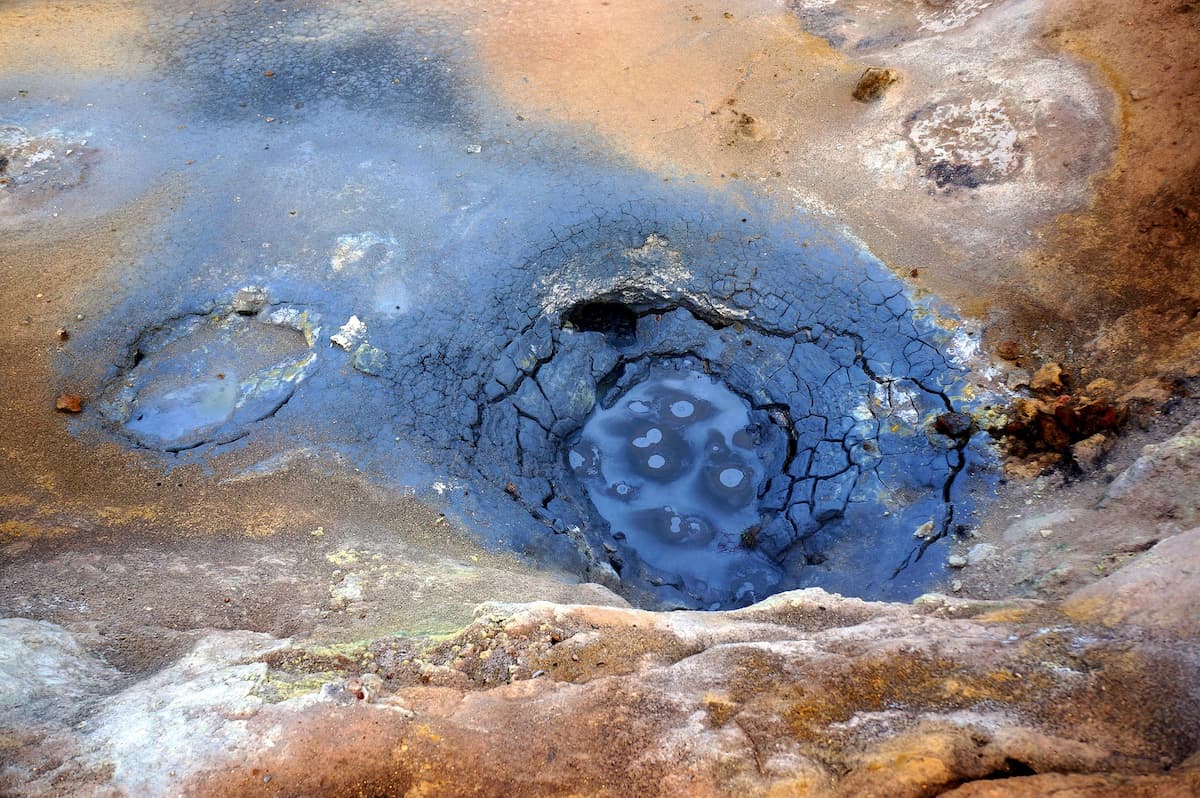Artificial Intelligence (AI) is revolutionizing industries across the globe, and geological consulting is no exception. By combining the power of AI with the expertise of geological consultants, the industry is experiencing a significant transformation. From improving resource estimation to enhancing sustainability practices, AI-driven solutions are enabling smarter, faster, and more accurate decision-making. In this article, we explore how AI is reshaping geological consulting and unlocking new possibilities for the field.
The Role of Geological Consulting in Modern Industry
Geological consulting provides specialized services for understanding and managing the earth’s resources. It plays a critical role in mining, oil and gas exploration, environmental management, and infrastructure development. Key areas of focus include:
- Resource Estimation: Determining the size, quality, and economic viability of mineral or hydrocarbon deposits.
- Risk Assessment: Evaluating geological hazards that may impact construction or mining projects.
- Sustainability Planning: Developing strategies to minimize environmental impacts and ensure long-term resource use.
- Compliance and Reporting: Ensuring adherence to industry standards such as JORC and NI 43-101.
With growing demand for resources and increasing environmental scrutiny, geological consulting must adopt innovative tools to meet the challenges of the future.
How AI Enhances Geological Consulting
AI technologies are revolutionizing geological consulting by offering advanced tools for data analysis, modeling, and decision-making. Here’s how AI is making an impact:
1. Enhanced Data Analysis
Geological consultants deal with vast amounts of data, including geological surveys, core samples, and geophysical readings. AI algorithms excel at processing and analyzing these datasets, identifying patterns and anomalies that might be overlooked by traditional methods. Key benefits include:
- Faster Data Processing: AI can analyze complex datasets in minutes, reducing the time needed for interpretation.
- Improved Accuracy: Machine learning models can identify subtle correlations, leading to more accurate resource estimations.
- Predictive Insights: AI tools provide forecasts on resource availability and potential extraction challenges.
2. Advanced Geological Modeling
AI-powered software enables the creation of detailed 3D geological models. These models provide a comprehensive view of subsurface structures, aiding in:
- Mine Planning: Optimizing the layout and design of mining operations.
- Exploration Targeting: Identifying high-potential areas for resource discovery.
- Environmental Impact Assessment: Visualizing potential impacts of resource extraction on ecosystems.
3. Risk Mitigation
AI enhances risk assessment by integrating data from multiple sources, including historical records and real-time monitoring. This helps consultants identify potential hazards such as landslides, earthquakes, or groundwater contamination. AI-driven simulations can predict the likelihood and impact of these risks, enabling proactive measures.
4. Automation of Reporting
Compliance with standards like JORC and NI 43-101 requires detailed and accurate reporting. AI streamlines this process by automating data compilation and generating reports that meet regulatory requirements. This reduces manual effort and ensures consistency.
5. Sustainability and Environmental Management

AI supports sustainable practices by monitoring environmental impacts and optimizing resource use. For instance:
- Carbon Footprint Reduction: AI models optimize energy use in mining operations, lowering emissions.
- Waste Minimization: Predictive analytics help reduce waste during extraction and processing.
- Reclamation Planning: AI aids in designing effective land reclamation strategies post-mining.
Applications of AI in Geological Consulting
Resource Exploration
AI-powered tools are revolutionizing mineral and hydrocarbon exploration. By analyzing geospatial data, satellite imagery, and historical records, AI can identify promising sites for exploration. This reduces exploration costs and improves success rates.
Real-Time Monitoring
In mining and construction projects, real-time monitoring systems powered by AI provide continuous data on ground conditions, equipment performance, and environmental parameters. This helps prevent accidents and optimize operations.
Custom Solutions for Complex Problems
AI allows geological consultants to develop tailored solutions for unique challenges. For instance, in regions with limited data availability, AI algorithms can extrapolate information from existing datasets to fill gaps.
Challenges and Considerations
While AI offers immense potential, integrating it into geological consulting comes with challenges:
- Data Quality: The effectiveness of AI depends on the availability of accurate and comprehensive data.
- Skill Gap: Consultants must acquire new skills to effectively use AI tools.
- Cost: Implementing AI technologies can require significant investment.
- Ethical Concerns: Transparency and accountability in AI decision-making are critical, especially in projects impacting communities and ecosystems.
Overcoming these challenges requires collaboration between technology providers, consultants, and industry stakeholders.
Future Trends in AI for Geological Consulting
The future of AI in geological consulting is bright, with emerging trends that promise to further enhance the field:
- AI and IoT Integration: Combining AI with Internet of Things (IoT) devices for real-time monitoring and decision-making.
- Cloud-Based Solutions: Cloud platforms enable seamless collaboration and data sharing among stakeholders.
- AI-Driven Exploration Vehicles: Autonomous drones and robots equipped with AI can explore remote or hazardous areas.
- Blockchain for Transparency: Using blockchain technology to ensure data integrity and transparency in geological reporting.
AI is transforming geological consulting, offering tools and insights that enhance accuracy, efficiency, and sustainability. By integrating advanced technologies, the field is better equipped to meet the demands of modern industries and global challenges. Companies like K-MINE exemplify the potential of combining software solutions with geological consulting expertise, enabling smarter, data-driven decisions that benefit both businesses and the environment.
